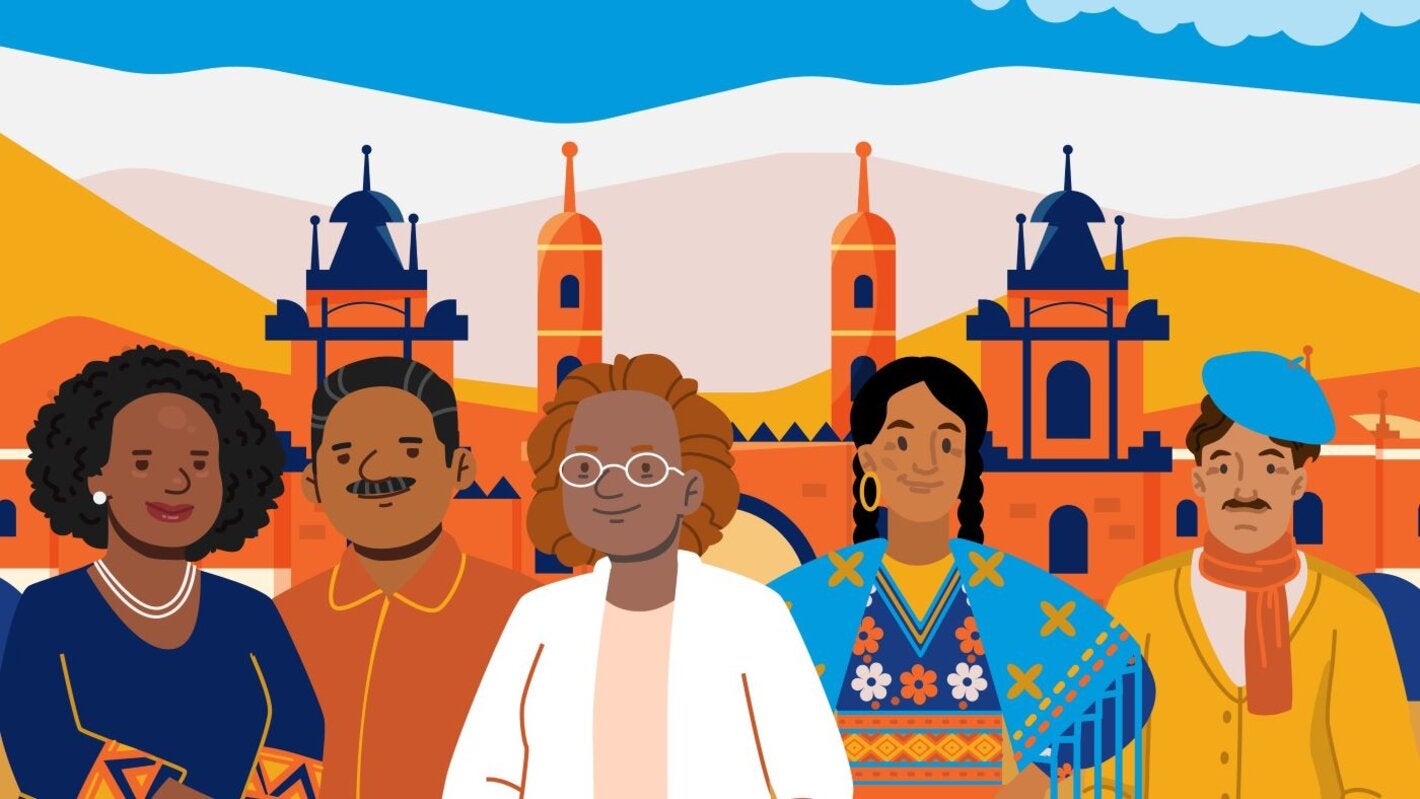
Washington, D.C., December 2, 2024 (PAHO) – The Pan American Health Organization (PAHO) has advanced its work to create healthier and more inclusive communities in the Americas by synergizing two of its initiatives: the Global Network of Age-Friendly Cities and Communities and the Healthy Municipalities, Cities, and Communities Movement. This strategic alignment strengthens PAHO’s ongoing commitment to promoting health and well-being at the local level across the region, with a focus on the opportunities that cities and communities must address the diverse needs of their populations.
Rapid, unplanned urbanization is one of the major ecological and human challenges of the 21st century. It is predicted that nearly 70% of the world’s population will be living in cities, with disproportionate urban growth in low- and middle-income countries. While cities offer opportunities for employment and access to better public services, they also pose major health risks. Simultaneously with urbanization is the aging populations and nearly two-thirds of people over 60 in the Americas live in urban areas.
To promote healthy aging through the environments, through the Global Network of Age-Friendly Cities and Communities, PAHO has helped make the Americas the fastest-growing region within this network, driven by community-led, multidimensional health strategies. Moreover, the Healthy Municipalities, Cities, and Communities Movement support territories in adopting comprehensive health policies that address the social determinants of health (meaning, local, social, economic, and environmental factors, among others) impacting people’s lives and health outcomes. This approach involves fostering community participation and intersectoral work at the local level in order to promote health equity and social cohesion. The collaboration between these two programs provides a powerful model for local and territorial health promotion that can ultimately foster healthy aging over the life course.
To further equip local stakeholders, PAHO recently launched a new virtual course on Age-friendly environments on the PAHO Virtual Campus for Public Health. This course, designed to promote age-friendly environments, has been met with enthusiasm from the public with positive feedback and high satisfaction rates reflecting the relevance and impact of the curriculum. The course is available in Spanish, English and Portuguese, and offers the necessary tools to strengthen national, subnational and/or local programs that seek to transform the communities in which older persons live and develop. This initiative aligns with the United Nations Decade of Healthy Aging (2021-2030), which highlights the critical need for collaborative global efforts to promote healthy, resilient, and inclusive communities for older adults and for everyone.
PAHO’s efforts within the two programs are paving the way for sustainable local solutions that prioritize health and social participation across the life course, ultimately contributing to a healthier and more equitable Americas.
PAHO’s integrated approach seeks to enable cities and communities in a context of rapid urbanization to adapt to the demographic and epidemiological shifts shaping the Region, to favor health for all at all ages.



